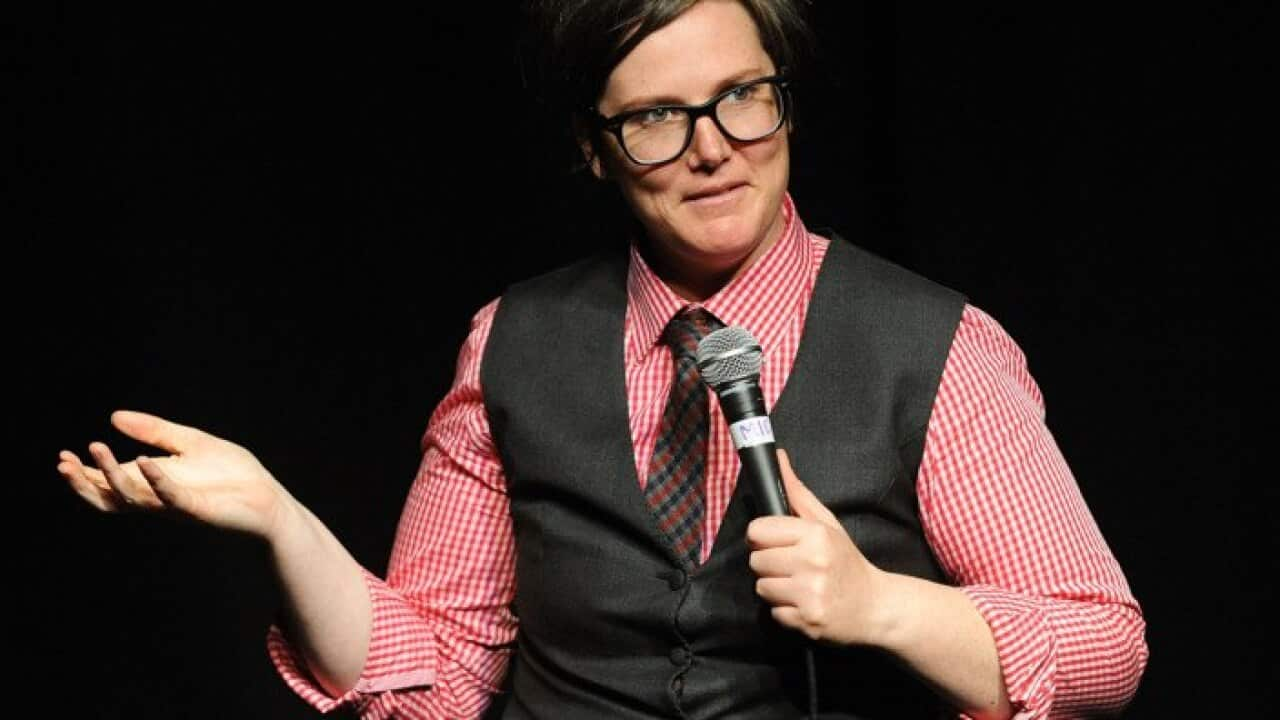This is what my daily exchanges with my five-year-old used to look like:
Me: “Please clean up your toys.”
Her: “I’m tired.”
Me: “Please go have a wash.”
Her: “No!”
And the worst of all: “You’re wriggling. Please go and use the toilet.”
Her: “No! I don’t need to go to the toilet!”
My daughter looks like a stubborn and lazy kid who’s being difficult on purpose. I'm told all she needs is a good dose of ‘discipline’ instead of my ‘soft’ parenting.
Wrong.
My daughter is super verbal and has been diagnosed with SPD (sensory processing disorder). I also strongly believe she is on the autism spectrum and has PDA (pathological demand avoidance).
is a lesser-known subset of the autism spectrum.
Children and adults with PDA have an anxiety-driven need to feel in control through resisting ordinary daily demands.
Children and adults with PDA have an anxiety-driven need to feel in control through resisting ordinary daily demands. This includes all the little things we take for granted like using the toilet, having a shower or eating our breakfast. Even if my daughter enjoys an activity, when I tell her to do it, it can cause her anxiety to spike and she will resist as a way to feel in control again.
Late last year, my daughter’s developmental paediatrician diagnosed her with SPD with moderate rigidity, but with no other signs of autism. A shameful part of me was relieved. Okay, she has sensory processing issues, but that’s not as bad as actually having autism, right?
But after months of occupational therapy, something still didn’t make sense. Even though she no longer struggled to wash and shampoo her hair, walk barefoot on the grass and was slowly eating a wider variety of foods, something was still off.
I watched her struggle to listen to direct instructions given to her by her occupational therapist. I noticed how direct demands, no matter how well-meaning, seemed to flip a switch in her brain. She cannot stop herself from resisting. Desperate for an answer, I trawled the many Facebook parenting groups for kids with sensory issues and stumbled across PDA. I had a lightbulb moment. That was her! I almost wept with relief. I’m not a bad mother. She’s not a bad kid. Teachers and relatives tell her to ‘smile more’ and ‘not be so angry’. I don’t want her to pretend to make everyone else happy. I’ve done that my whole life.
There are the sceptics. “She’s just being stubborn,” a well-meaning relative told me. “She won’t even try to use the toilet.”
“She’s not being stubborn,” I replied calmly. “She’s just wired differently. Kids on the spectrum often struggle with going to the toilet.” She must have heard the edge in my voice, then asked me to send her links. I did, and I also sent her screenshots about how kids with sensory processing difficulties have very real fears of public toilets. She hasn’t complained about my daughter since.
It finally hit me – I’m most likely on the autism spectrum too. The sheer effort of passing as neurotypical exhausts me.
The more I researched PDA, the more I realised how much I could relate to it too. It finally hit me – I’m most likely on the autism spectrum too. The sheer effort of passing as neurotypical exhausts me. Add motherhood to the mix, and some days, I feel like crawling out of my skin and hiding in a hole. At first, I thought it was because of my introversion. Then I thought it was because I’m a highly sensitive person. It took recognising autism in my daughter to help me recognise it in myself. I’ve been masking it my whole adult life.
And now, everything makes sense. Like my daughter, I struggle with sleep. I also feel very deeply. Art and writing are my outlets. I also have hyper focus and can block everything else out. I struggle with emotional regulation. I have sensory difficulties too, and am often overloaded when all of my small children are crying at the same time. Direct demands immediately make me balk, even if it’s something I know is good for me (ask my husband).
Now that I know better, my exchanges with my daughter sound more like this:
Me: Do you think you can beat the timer and put the toys away?”
Her: “Yes!”
Me: “Is it okay for us to brush our teeth together?”
Her: “Yes! Oh. I’ll try going to the toilet too.”
Me: “Can you check the temperature of the bathtub for your little sister?”
Her: “Sure! I’ll wash too.”
What works on one day, might not work on another. On my good days, I love how much she is also rewiring my brain – my empathy, problem-solving and creativity have never been this sharp. On my bad days, I am utterly drained. But every day, I am my daughter’s fiercest advocate.
Noor Abdul is a pseudonym.




